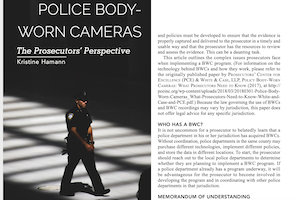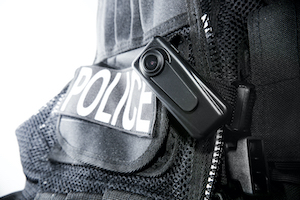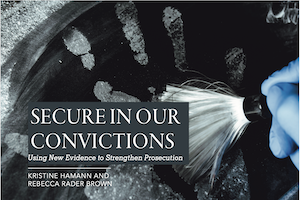Police Body-Worn Cameras: The Prosecutors’ Perspective

Author(s): Kristine Hamann
As police departments across the United States embrace the use of police body-worn cameras, the cameras will inevitably capture a great deal of evidentiary material that will be useful in every type of criminal prosecution. The impact of this new source of evidence has yet to be fully realized.



